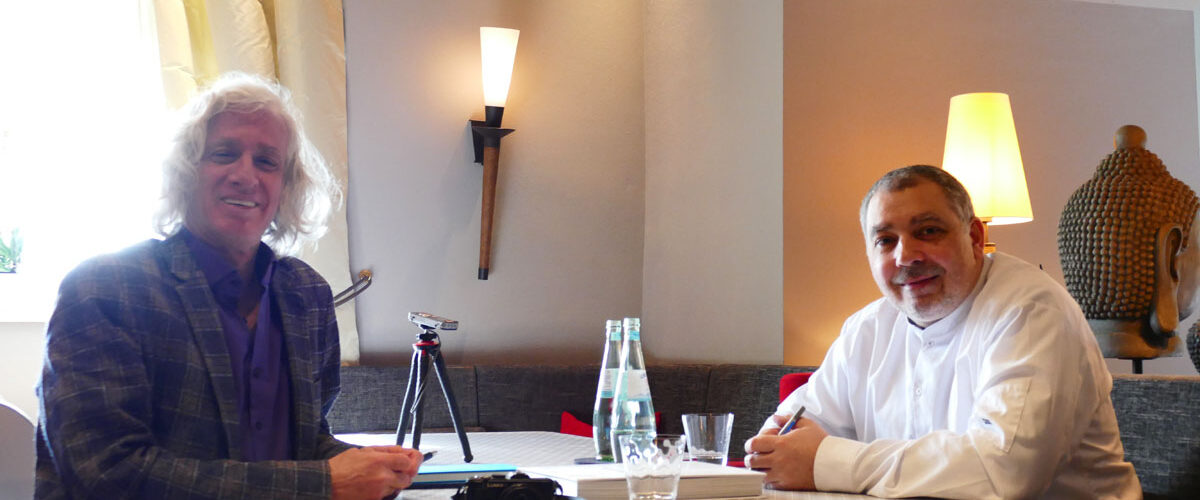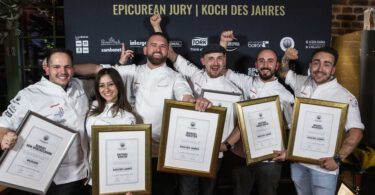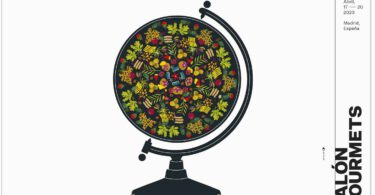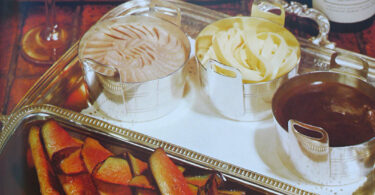The German Federal Cross of Merit has made a big difference.
I can speak out differently and I am respected. I want to help colleagues and the industry, but there are many interviews that I refuse.
There are enough relevant topics, one example is prepayment, another is the relationship between politics and haute cuisine.
Why aren’t the best chefs hired for state official visits?
I had the chance to have a one-to-one talk with our Federal President Frank Walter Steinmeier in a private talk. The Federal President pointed out that I now had a special position and should use the opportunity to take a stand on important issues.
That’s what I’m doing, although not in a striking way, because it’s not about me!
But I have to tell politics and society what is going on. I try to hold a mirror up to people.
MG: In 2007, the former artistic director of the Documenta in Kassel, Roger M. Buergel, wrote:
I invited Ferran Adrià because he has managed to produce his own aesthetic, which has turned into something very influential on the international scene. That’s what I’m interested in, not whether people think it’s art or not.
It’s important to say that artistic intelligence doesn’t manifest itself in a particular medium, that you don’t have to identify art only with photography, sculpture and painting etc., nor with cooking in general; however, under certain circumstances, it can be art.
Recently, you complained in an interview that the art of cooking is despised by politicians.
Is our perception, and especially the perception of politicians, reduced to such an extent that we don’t even want to recognise the artistic in culinary art?
CB: I would differentiate that. When I say that the art of cooking is not perceived, I don’t mean the artistic value on the plate, it’s more about the relationship to the profession. I still consider myself a craftsman, not an artist.
Our work has artistic aspects, the presentation on the plate for example.
But primarily it’s about taste, which is something many young chefs have a big problem with, I call them “Instagram chefs”. It can happen that the sauce has no substance or the meat is not cooked to perfection.
We are craftsmen, the higher you climb the higher the artistic standards become.
Ferran Adrià was a real revolutionary. He opened everyone’s eyes because he questioned many things that had been the credo until then. Yesterday, “Der Feinschmecker” asked a similar question about what is left of molecular cuisine today.
In my opinion, maybe 20%, but the echo is still enormous.
cooking techniques and processes have changed, since then people have been working with espumas and low-temperature cooking methods.
Spheres, foams, smoking at the table, nitrogen compositions, these are less in demand at the moment. Back then, of course, it was absolutely avant-garde and made us chefs think.
We are going back to the basics, focusing on the product. There is more reduction, but that doesn’t necessarily mean purism.
The product must be clearly emphasised. For years, we have been serving the best products available worldwide, that is our philosophy, our guests appreciate that and of course it has its price.
![[:de]Grandgourmand, Travel, Food, Lifestyle[:]](https://grandgourmand.de/wp-content/uploads/2023/01/logo_23_1-1.png)




